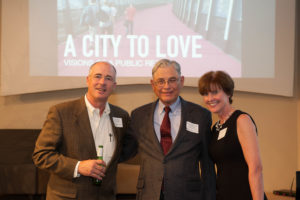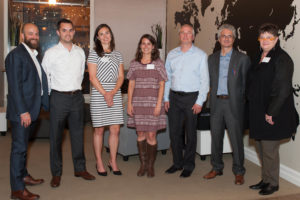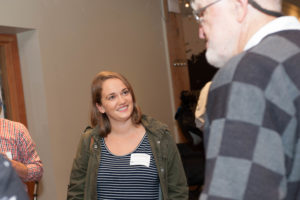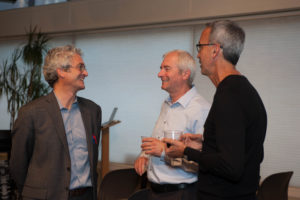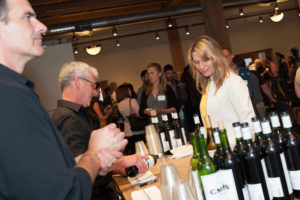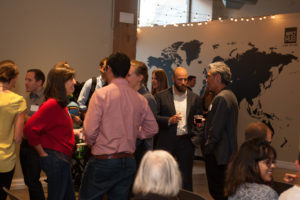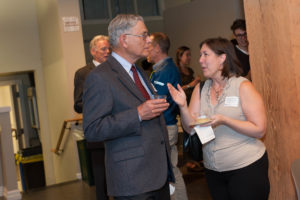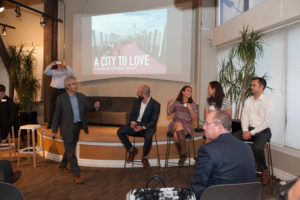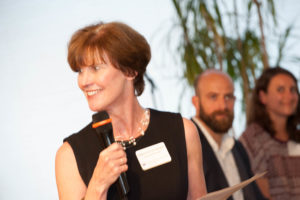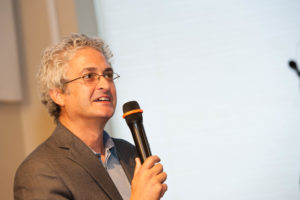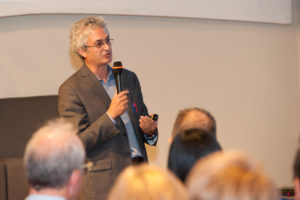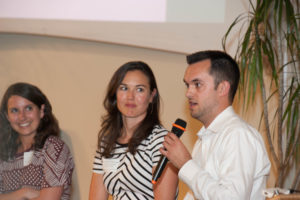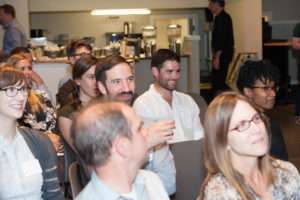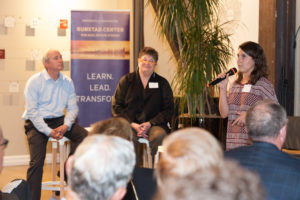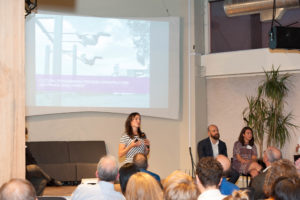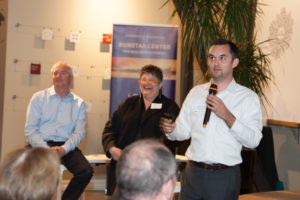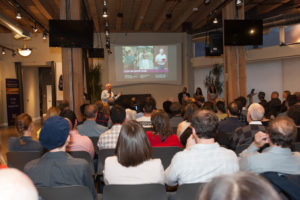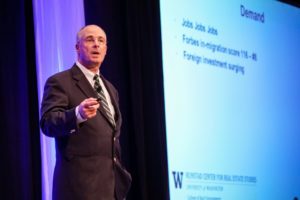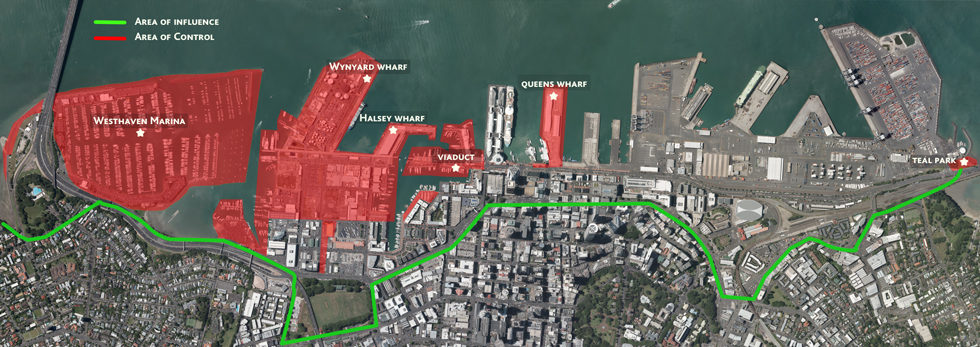The last three decades have seen increased integration across global stock markets. New research from the Runstad Center of Real Estate Studies at the University of Washington has examined what factors drive international integration across public real estate markets. The research has implications for fund managers as increased integration can have a negative impact upon the diversification opportunities available across global real estate markets. The findings observe that whilst public real estate markets have become more inter-connected, both the level and increase in integration is less than that observed in stock markets generally.
The research, authored by Simon Stevenson, John and Rosalind Jacobi Family Professor of Real Estate and Director of the Runstad Center, also considers how financial and macro-economic factors impact the extent of co-movement across markets. The results highlight that those countries with heightened financial and trade openness and display monetary independence see increased integration. The stability of respective the foreign exchange rate also has a significant impact.
Financial market factors, both specific to public real estate as well as the broader stock market, are also important. The paper finds that increased integration is observed in countries with larger stock markets, which are themselves more integrated with the global market, whilst the size of the public real estate market also plays an role. Specifically, public real estate markets that constitute a larger proportion of the overall domestic stock market, also tend to display increased integration. Factors such as volatility and trading volume in public real estate stocks are also important elements.
The paper, “Macroeconomic and Financial Determinants of Co-Movement across Global Real Estate Security Markets” is published in the latest issue of the Journal of Real Estate Research, the primary publication of the American Real Estate Society.
